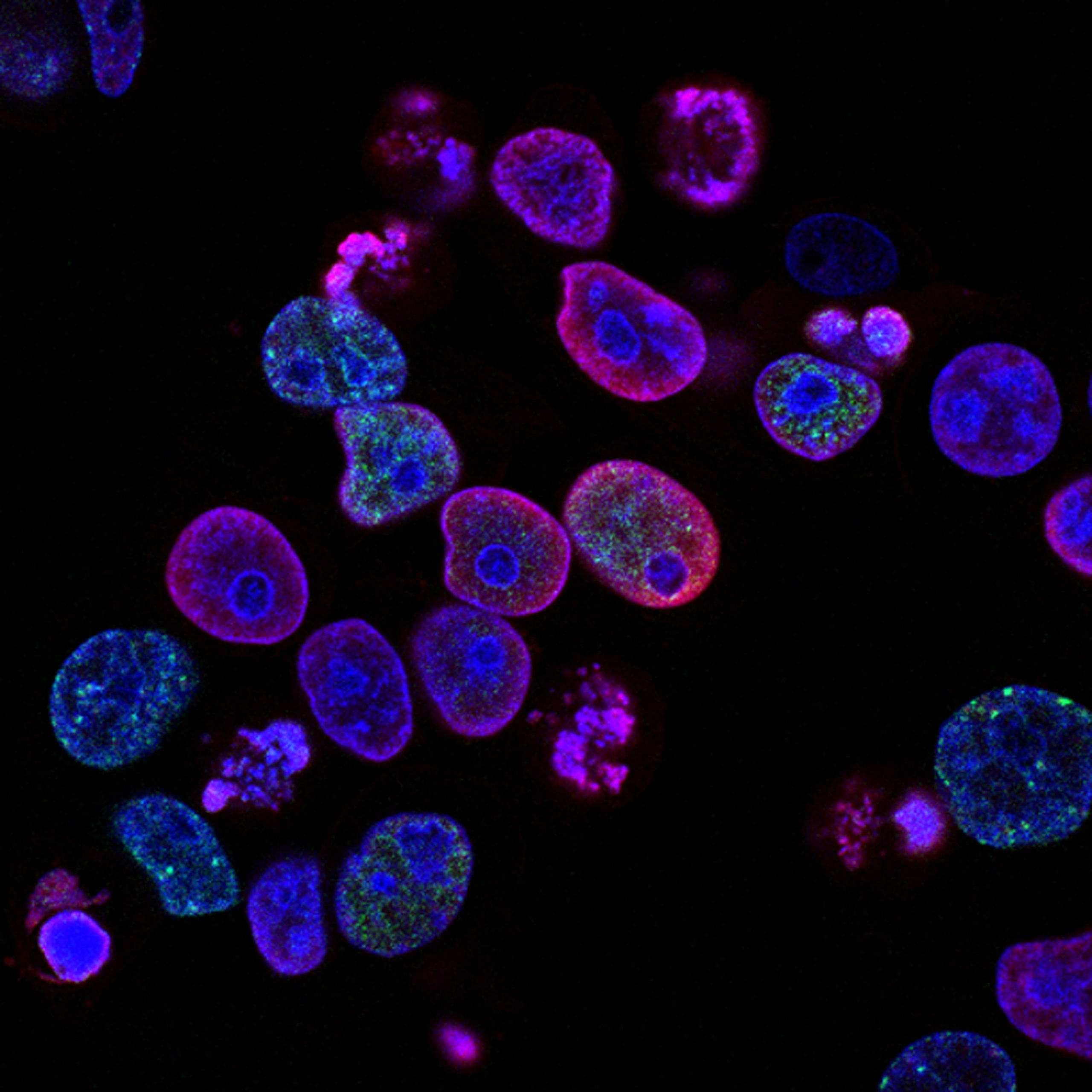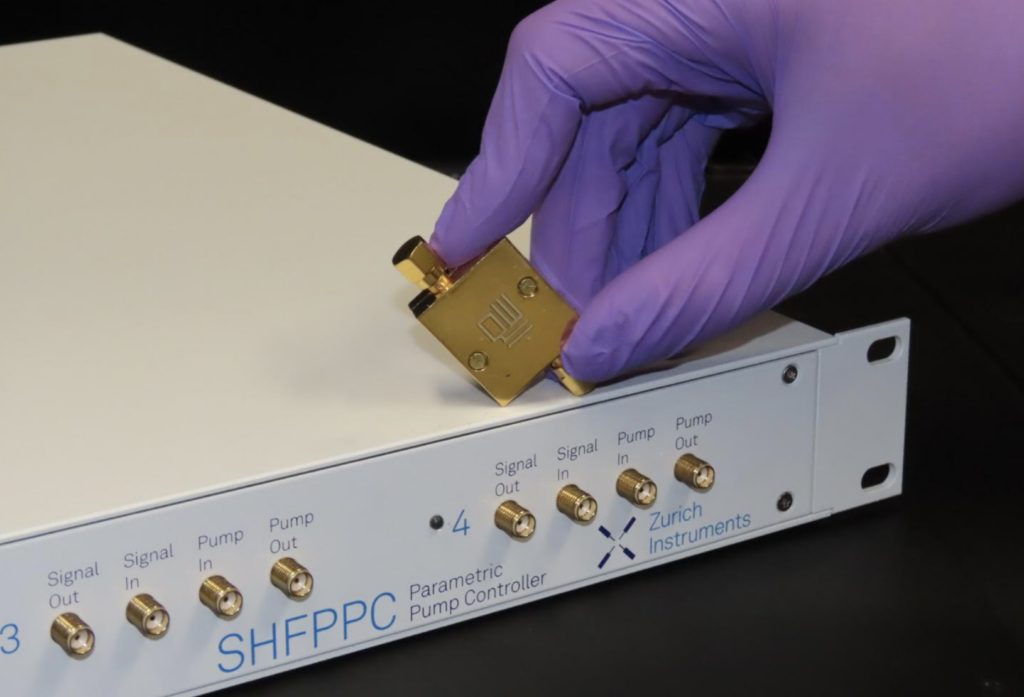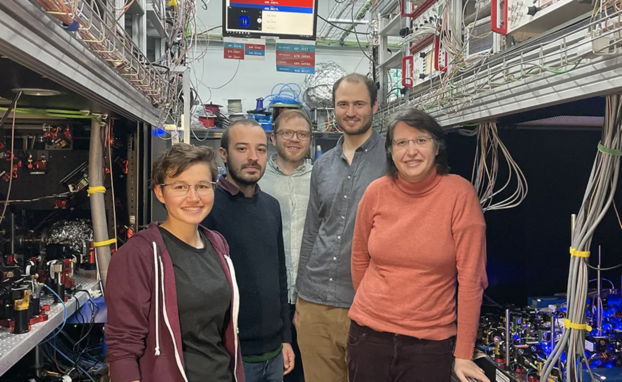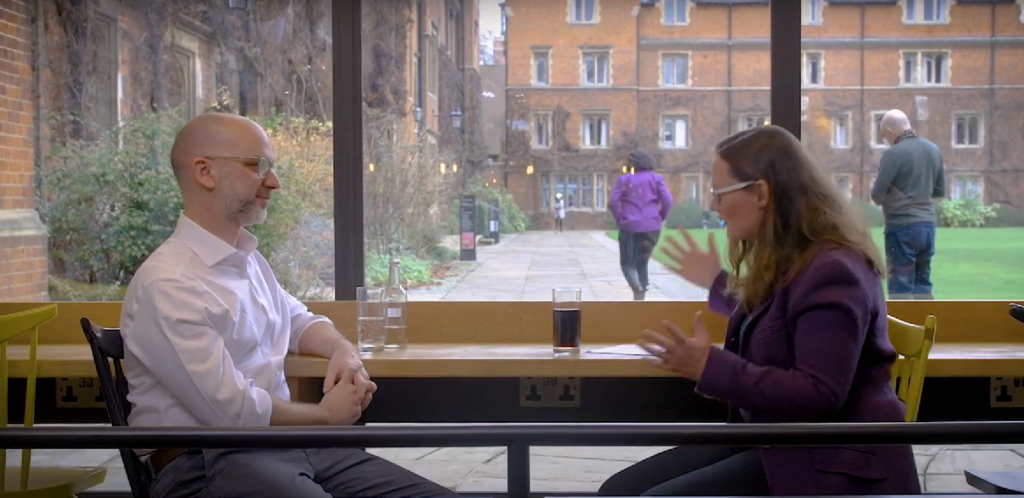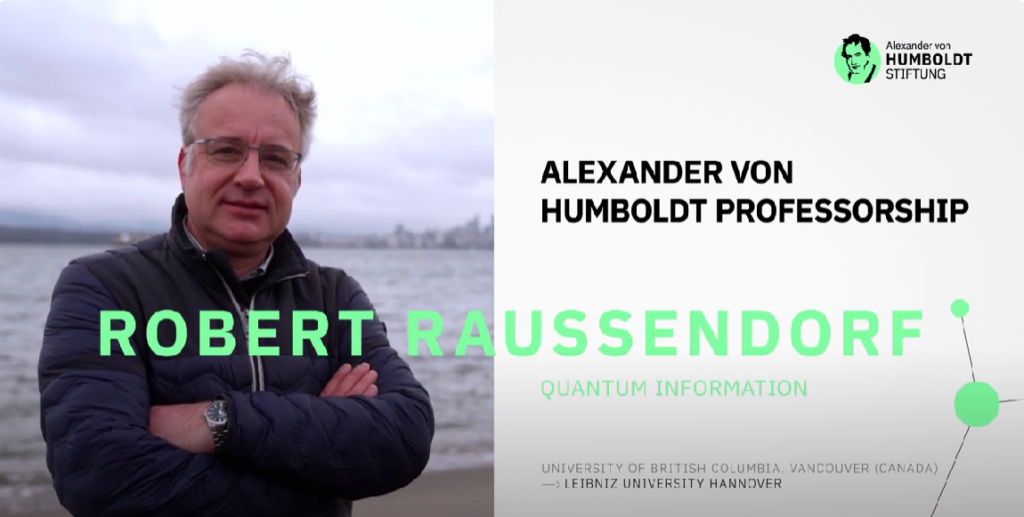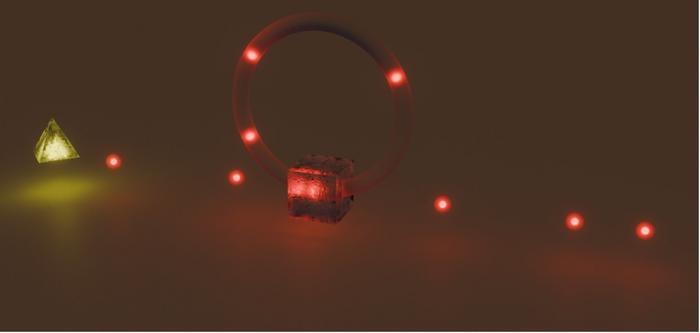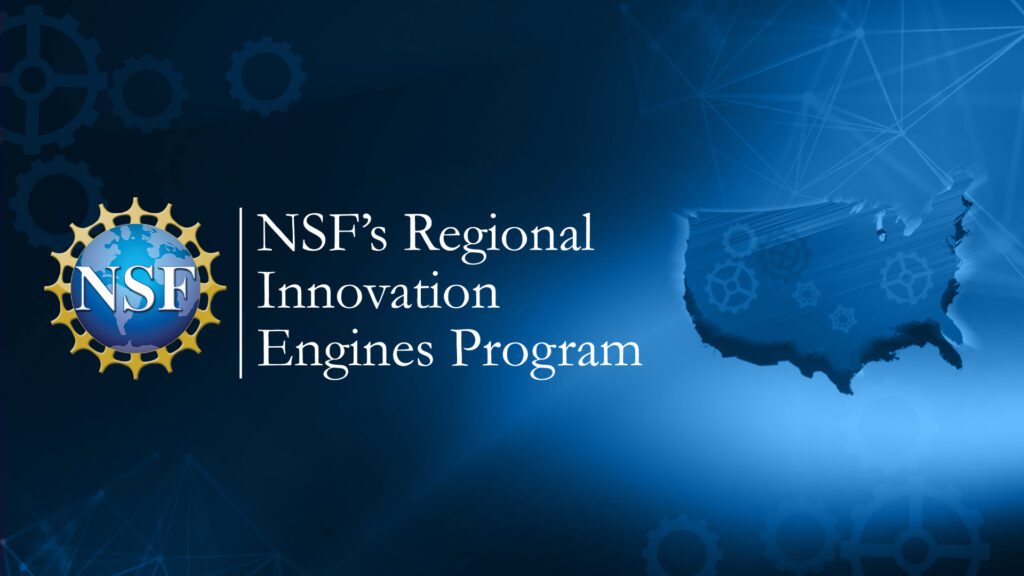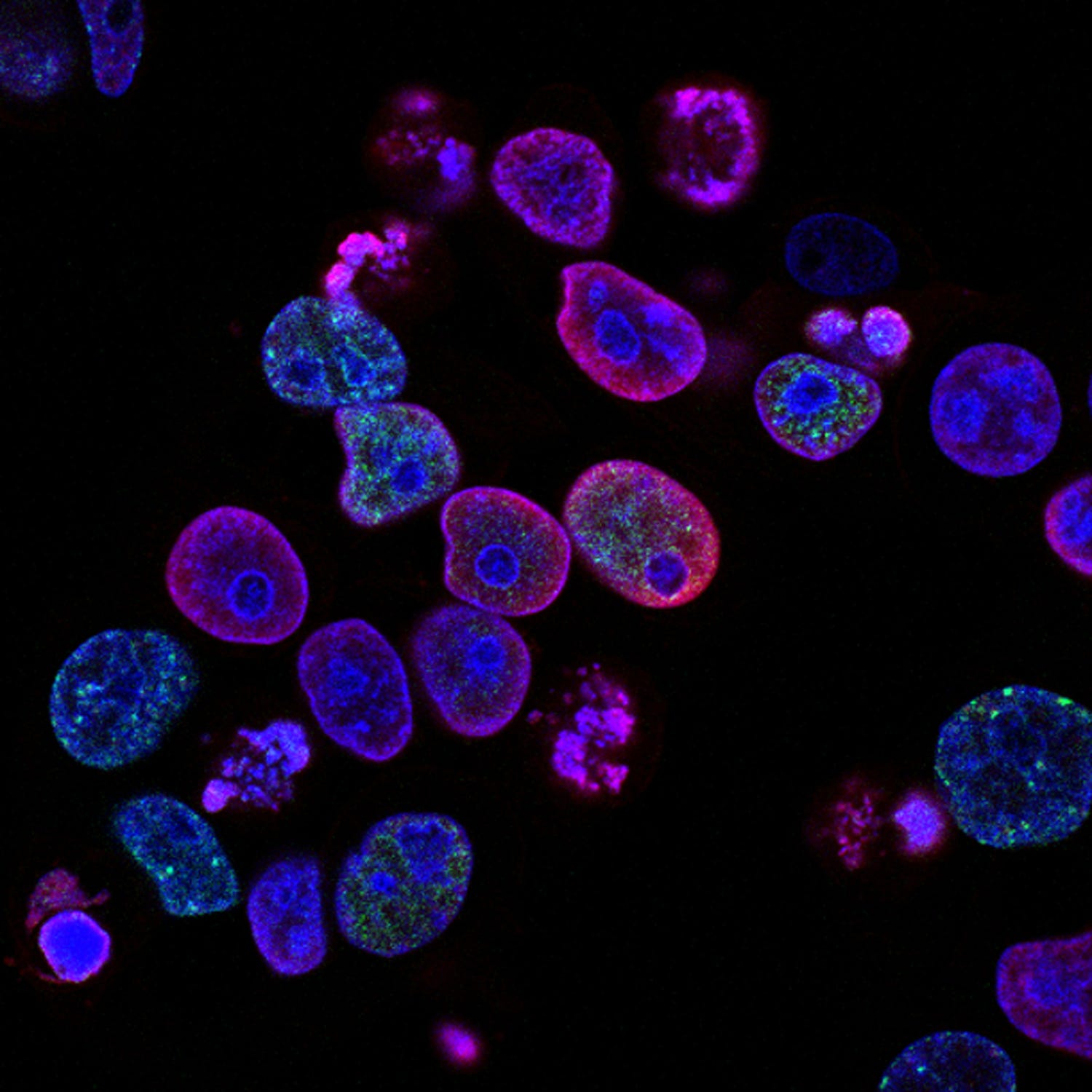
Through The Roof
Although COVID-19 worries the hell out of a great proportion of the world’s population, when it really comes down to it — though it’s a terrible virus that can kill those weak enough— there are other illnesses that we’ve been battling for generations that we’ve yet to find a cure for that are equally, if not more, devastating for humans: HIV/AIDS and multiple sclerosis come to mind. Parkinson’s disease, another one. The Big C, probably the worst one of all. These are terrible, especially when they take away a loved one.
Of all of the diseases, it’s probably true that everyone has had a family member or friend who has succumbed to cancer. It’s a fact of life. On a personal level, my grandmother died of breast cancer (while suffering from dementia, too). My aunt, caught the silent killer, pancreatic cancer, and a painful death to boot. A few friends and acquaintances, too.
That is why scientists are working round the clock to find a cure. So far, though treatments are far better than they were fifty or a hundred years ago and life outcomes can be greatly extended, a one-size-fits-all cure is still elusive.
The giant pharmaceutical companies, with billions of research dollars to spend, are working tirelessly to find that holy grail of a cancer cure. The Oxford–AstraZeneca and Pfizer-BioNTech partnerships, one of many to have seen unprecedented results for a vaccine for the COVID-19 virus, just go to show what can be achieved when people, multinationals and public/private initiatives come together. Educated skeptics, though, see it as simply a game of smoke and mirrors — equipped with a sensitive bullshit detector, they can translate through the so-called medical bravado and self-marketing speak. They think nine months’ work to find a vaccine for the coronavirus when we still have yet to see one for SARS, MERS and Ebola (though the rVSV-ZEBOV vaccine for Ebola was approved in December 2019) is a little bit too much wishful thinking.
But I, like most of those skeptics, isn’t in the industry. We look at it from the outside in, not the other way. Maybe they have managed to find a vaccine, a cure.
We’re in the 2020s, and if we are capable of doing that now, then what will we be able to achieve in a decade or two’s time when the technology is ‘through the roof’.
Then dying from cancer will be a thing of the past, just maybe.
If a cure for cancer is ever going to come, deep tech — and in particular deep tech with a quantum flavour — could be a crucial avenue in achieving it.
There are already a plethora of startups on the market that combine biotechnology with quantum information science to offer advanced solutions in healthcare:
ApexQubit combines reinforcement learning, generative models and quantum information science to discover small molecules and peptides in order to unravel customized medicine without the ill will of side-effects.
Cheminformatics, ML, and quantum mechanics are just some of the tools used by Cloud Pharmaceuticals to enhance and speed up drug discovery.
Singapore-based Entropica Labs is developing cloud-based QC software and algorithms for healthcare, drug development and aggrotech.
Silicon Therapeutics’ physics-centred approach to drug design, meanwhile, combines cutting-edge R&D in chemistry and biology to find innate immunity in cancer, amongst the many other things they do.
Another company following Silicon Therapeutics ‘ lead which combines biotechnology with quantum tech to eradicate the Big C from the planet is Mursla, a Cambridge-based liquid-biopsy startup that wants to track tumours early in the blood by way of ‘the discovery and quantification of cancer-specific exosome subpopulations’.
The key to understanding Mursla is to understand exosomes.
Mursla
According to Exosome-RNA.com, a research and industry news and information website about exosome RNA, exosomes are best defined as extracellular vesicles that are released from cells upon fusion of an intermediate endocytic compartment, the multivesicular body (MVB), with the plasma membrane. This liberates intraluminal vesicles (ILVs) into the extracellular milieu and the vesicles thereby released are what we know as exosomes.
Although I didn’t understand a word of that, the people at Mursla do, and they’re serious about what they can achieve within the scope of their technology.
Founded in 2017 by biotech entrepreneur and inventor Pierre Arsène, Mursla has three platforms:
— The exosome liquid biopsy platform: ExoPheno
— The exosome discovery tech: NPDiscover
— The exosome validation tech: NPQuantumSense
NPQuantumSense, holds particular interest for TQD, as it uses the TEX Quantum Manipulation on Chip ‘to manipulate tagged exosomes in biofluid via quantum phenomena generated by proprietary nanogap electrodes’, making use of quantum technologies in this area.
‘Tracing cancer in blood via exosomes’
– Mursla
All these things play a crucial role in Mursla’s Liquid Biopsy Pipeline in test development for the discovery, verification, and validation of illnesses like cancer, dementia, lung fibrosis, and acute liver failure.
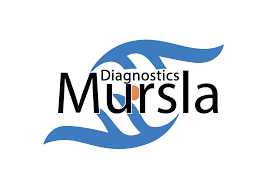
To help Mursla continue its research in its novel exosome-based liquid biopsy platform, the startup managed to obtain £410K from the UK Government’s Future Fund, as well as securing a £40K COVID-19 grant from the Cambridgeshire Capital Grant Scheme.
On the funding, CEO and founder Arsène said: “The additional funding is a mark of confidence in our strategy from both the UK government and our existing investors in this currently challenging environment. It has allowed us to make up for lost time during the lockdown and expedited our move to a fully-equipped lab space at Cambridge Science Park, which has been an extremely positive step forward… Our next goal is to find VC partners to help us scale our assays and validate our own exosome-based biomarker panel for liver cancer detection.”
And with the help of VC funding, Mursla will be able to scale greater heights in its search for solutions to some of humanity’s most aggressive diseases.
If you found this article to be informative, you can explore more current quantum news here, exclusives, interviews, and podcasts.


